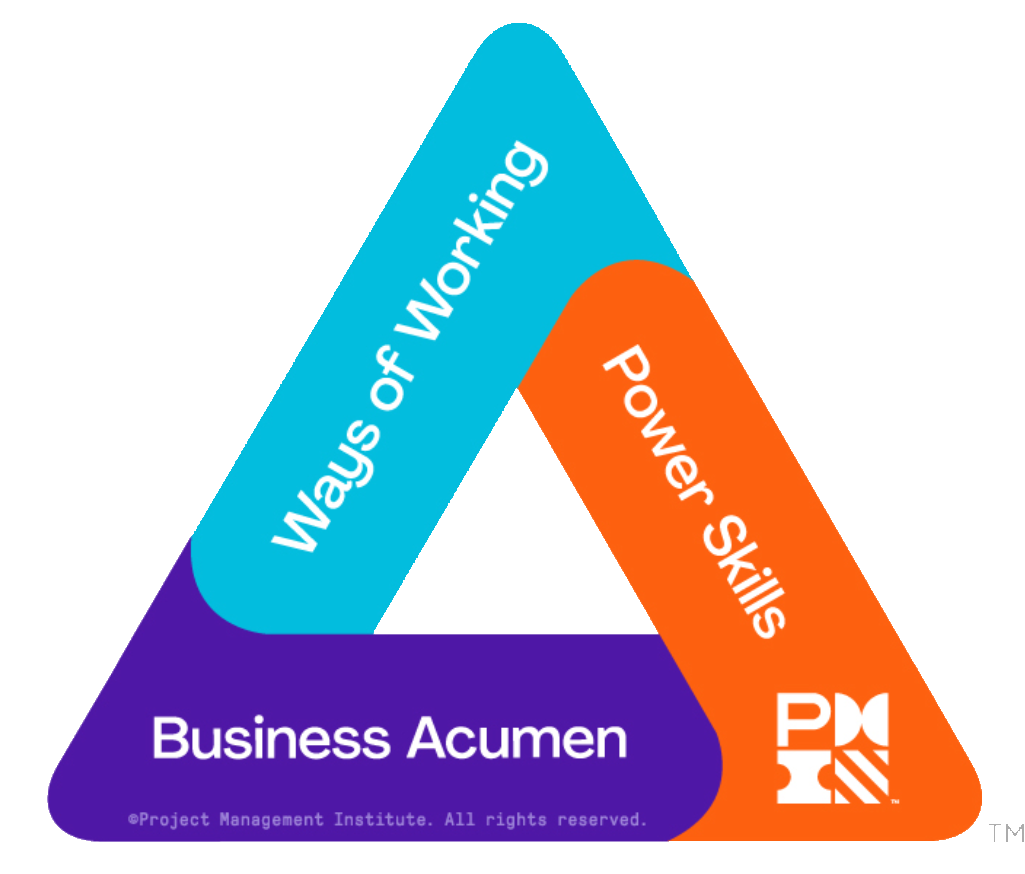This 2-day seminar is more than a training program. It presents a management process that deals on a practical level with the critical and unique accountabilities of top executives middle managers and first-line supervisors - and provides the techniques to carry them out.
Accumulated knowledge uniquely applied at each management level, is the single greatest untapped resource in any organization. This seminar shows you how to marshal and direct this resource and to free up its enormous potential for immediate improvement in organizational performance.
Managing in today's business environment requires specialized skills and knowledges (plural intended) at each level of management. These skills and knowledge are not covered in typical management training courses which tend to emphasize either functional skills such as planning, delegating and communicating or "soft" skills of an interpersonal nature.
The meaningful application of functional and "soft" skills requires an in-depth understanding of the unique knowledges and accountabilities of each management level. The "what" must come before the "how" and "to whom."
Meeting the challenge of managing an organization effectively requires a hierarchy of knowledge in a well defined organizational structure with clear identification of accountability. Our seminar, Knowledge-Based Management meets this challenge.
LEARNING OBJECTIVES
Participants will gain the ability to be able to:
- Identify and reinforce accountability at all organizational levels.
- Identify the unique knowledge that must exist in each segment to the organization: employees, management staff and service groups.
- Balance the need to get things done with the importance of having the right people doing them.
- Create a team environment that works. Effectively utilize the vital resources of staff groups. Unleash the enormous potential of people through empowerment, properly done, and personal development, properly managed. Create an organization that spreads responsibilities throughout the organization rather than distributing power.
- Get things done by creating a "causal environment" in which goals are clear and priorities continuously maintained.
- Identify "payoff ‘duties and assure they are happening. Find out if your efforts, activities and resources are really making a contribution.
WHO SHOULD ATTEND
This seminar is designed for senior managers, middle managers, supervisors, team leaders, and heads of staff and service functions. It is particularly effective for your organization when representatives from each of these levels attend.
PREREQUISITE
This course has no prerequisite.
MATERIALS
You will receive a course binder containing a copy of the presentation slides.
WHAT YOU WILL LEARN
The "Hierarchy of Knowledge" - Mission Workers.
- Supervision.
- Middle Managers.
- Senior Executives
Levels of Discontinuity - The skills and knowledge unique to each level of the organization are so different that a person moving from one level to another must learn a completely new set of skills. Those skills acquired at a lower level are not directly transferable and may, in fact, be detrimental to performance at another level.
Individual and Organizational Accountability - The missing ingredient in most management programs. This seminar provides a detailed explanation of the accountabilities at each level and how they differ. Our discussion of the unique nature of accountability not only de-mystifies the concept but rejects the notion of "shared accountability.”
Managing Performance - The "'15-second pause" - a dynamic technique for managers to not only assure that the right persons are performing the appropriate tasks but that they are enhancing their skills in the process.
- The "Causal Atmosphere" - a process to assure that ''payoff' activities are identified, planned, and implemented rather than postponed in the face of other performance Pressures.
- The "Manager's Apparent Interest Index" - a self-directed, analytical tool for managers to determine if their priorities are being properly communicated.
Utilizing Staff Resources - A discussion of the role and accountabilities of staff groups and the most effective ways for managers to interact with staff. Misunderstanding of staff roles often leads to organizational problems such as authority without responsibility, abdication of accountability, and organizational "elephantiasis."
Organization Management - The "art" of managing. Multi-level organizations will encounter predictable failure points that are not only costly but potentially destructive. Awareness and preventive maintenance are the only safeguards against these failure points
Opportunity Management - A concept that is designed to determine if the organization is doing the right things and doing them the right way. Too often, managers work hard to do things right without determining if they should be doing them at all. Two techniques are presented - contribution analysis and objectives realization - to assure resources and activities are making an organizational contribution.
|

 The following table provides the breakdown of the professional development units (PDUs) for this course aligned with the PMI Talent TriangleTM.
The following table provides the breakdown of the professional development units (PDUs) for this course aligned with the PMI Talent TriangleTM.